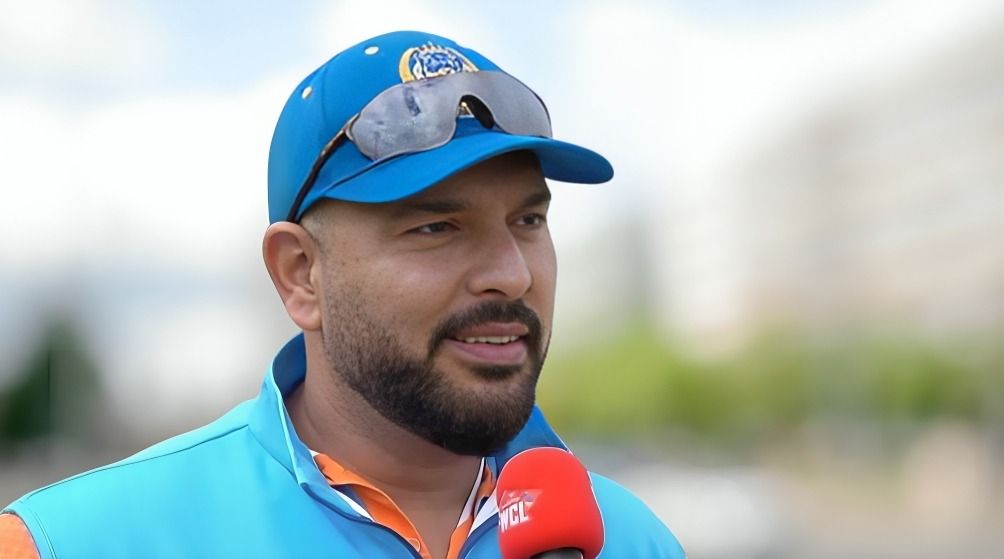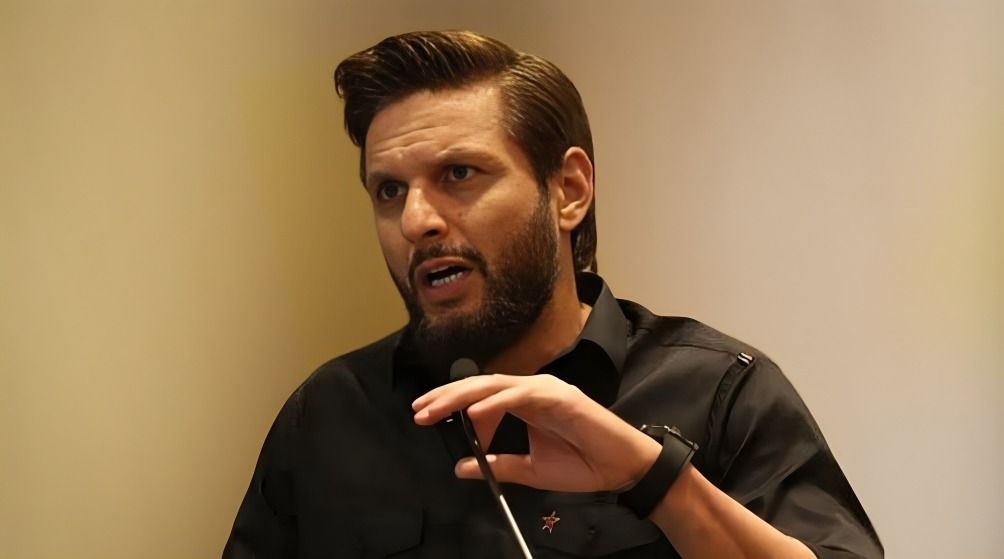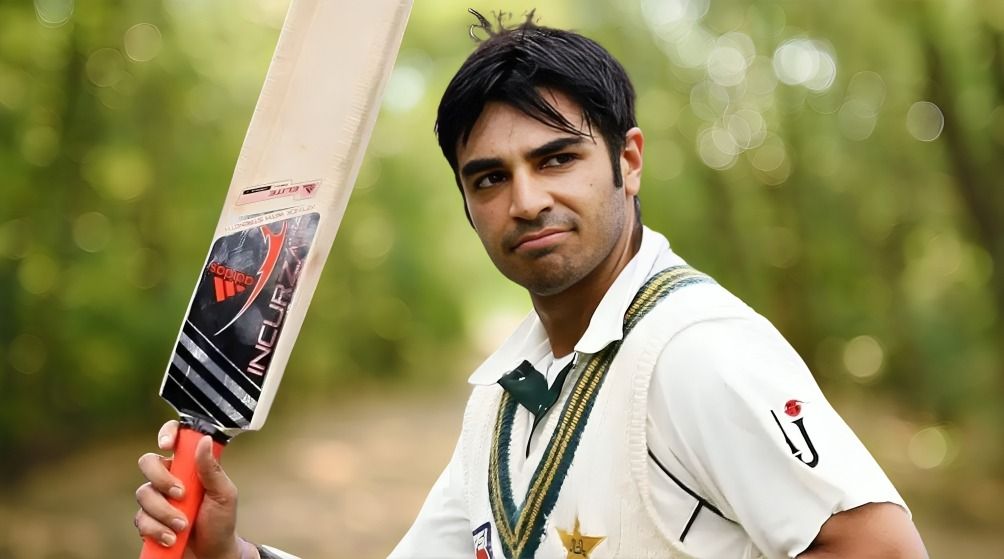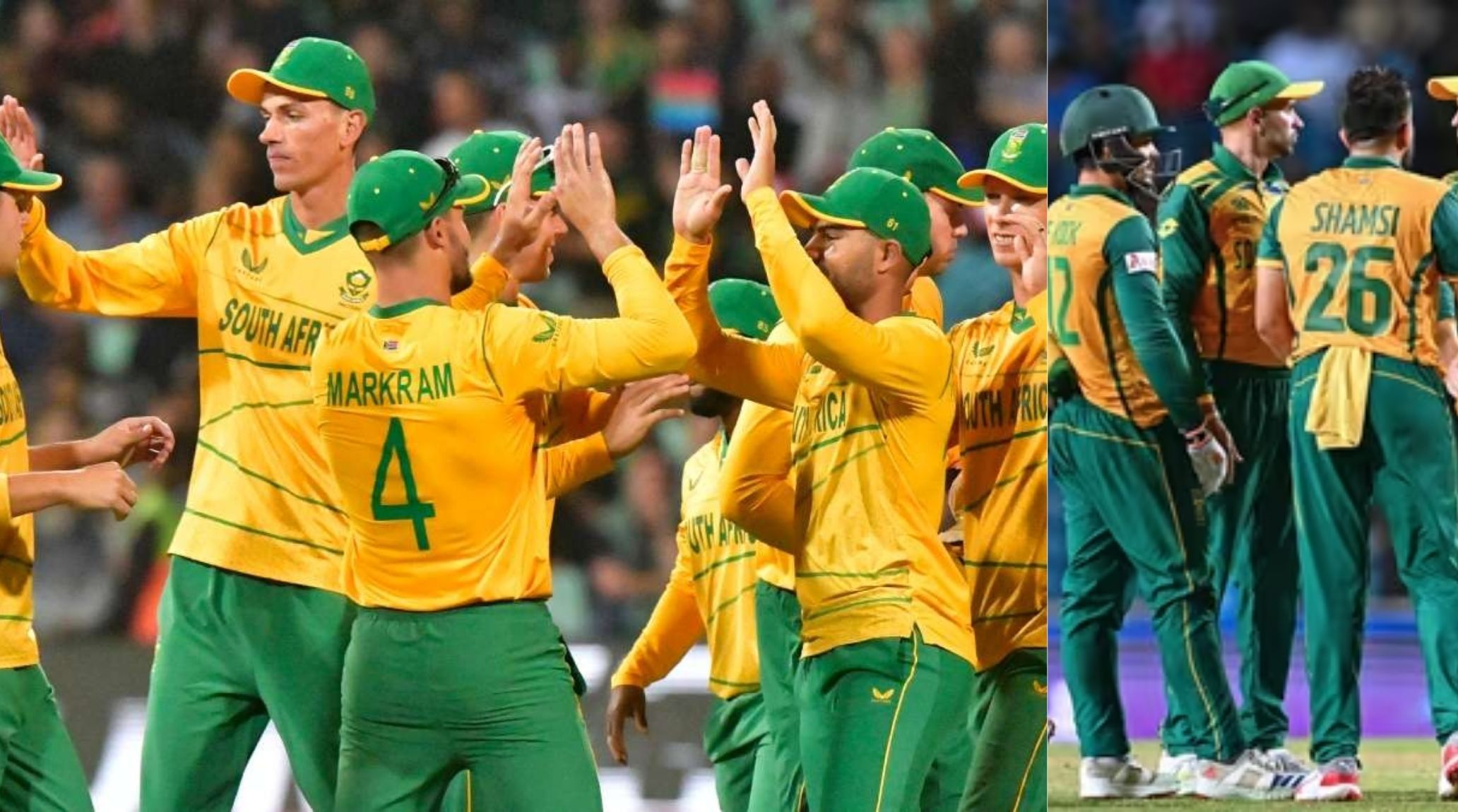
“
The Proteas of South Africa have experienced a rollercoaster of emotions throughout their cricketing journey, blending remarkable ICC triumphs with unforgettable heartbreaks. This article takes a closer look at the South Africa Legacy of Heartbreaks and ICC Triumphs Facts, exploring the defining moments that have shaped their identity on the international stage.1
1
”
South Africa's cricketing journey transformed after the end of apartheid in the early 1990s, with the team quickly emerging as a competitive force on the international stage.1
In their first World Cup appearance as a unified nation, South Africa reached the semifinals in 1992, where they faced England in a rain-affected match, leading to a controversial end that left fans heartbroken. 2
South Africa hosted the 1996 Cricket World Cup and advanced to the quarterfinals, only to lose to Sri Lanka in a match marred by the Duckworth-Lewis method, leading to widespread disappointment. 3
The 1999 World Cup saw South Africa reach the semifinals again, but they suffered a dramatic exit against Australia, famously finishing their innings at 213 runs, tied with Australia, but losing on net run rate. 4
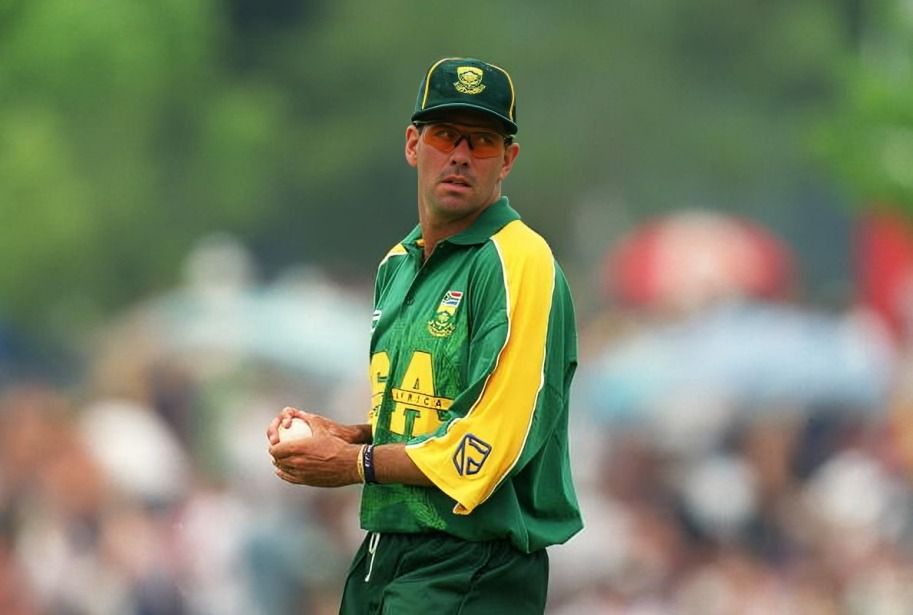
Legendary players like Hansie Cronje and Shaun Pollock have captained South Africa in ICC tournaments, leading them with both skill and resilience, though often falling short in crucial matches.
South Africa co-hosted the 2003 World Cup but faced disappointment in the group stages, despite entering the tournament with high expectations and a strong team. 5
South Africa claimed their first ICC T20 World Cup title in 2012, defeating the Netherlands in a dramatic final that showcased their ability in the shorter format. 6
The 2011 World Cup saw South Africa enter as favorites, but they faced heartbreak again in the semifinals, losing to India, marking yet another near miss in their World Cup history. 7
In the 2015 edition, South Africa made headlines with impressive performances but was knocked out in the quarterfinals by New Zealand, continuing their trend of close calls in major tournaments. 8
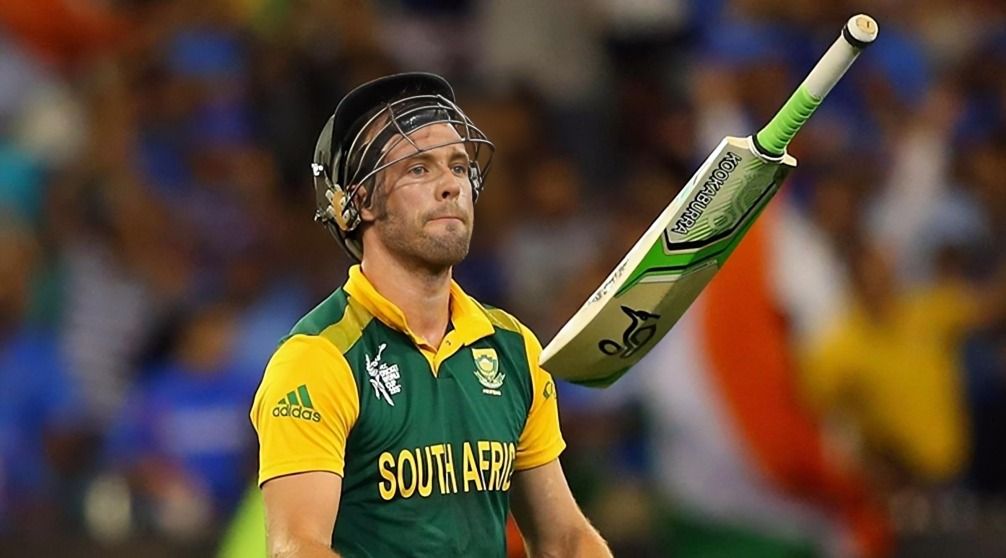
Players like AB de Villiers, Graeme Smith, and Jacques Kallis have consistently excelled in ICC tournaments, often shining individually even when the team faced challenges.
South Africa entered the 2019 World Cup with high hopes but failed to advance past the group stage, marking a difficult chapter for a team that had once dominated the game. 9
While facing heartbreak in ODIs, South Africa has found success in Test cricket, winning notable series against top teams, showcasing their prowess in the longest format. 10
Young players like Kagiso Rabada and Quinton de Kock have emerged as stars for South Africa in recent years, injecting new energy into their ICC tournament aspirations. 11
South Africa was one of the pre-tournament favorites in the 2007 World Cup but was eliminated in the group stage, failing to capitalize on their strong lineup. 12
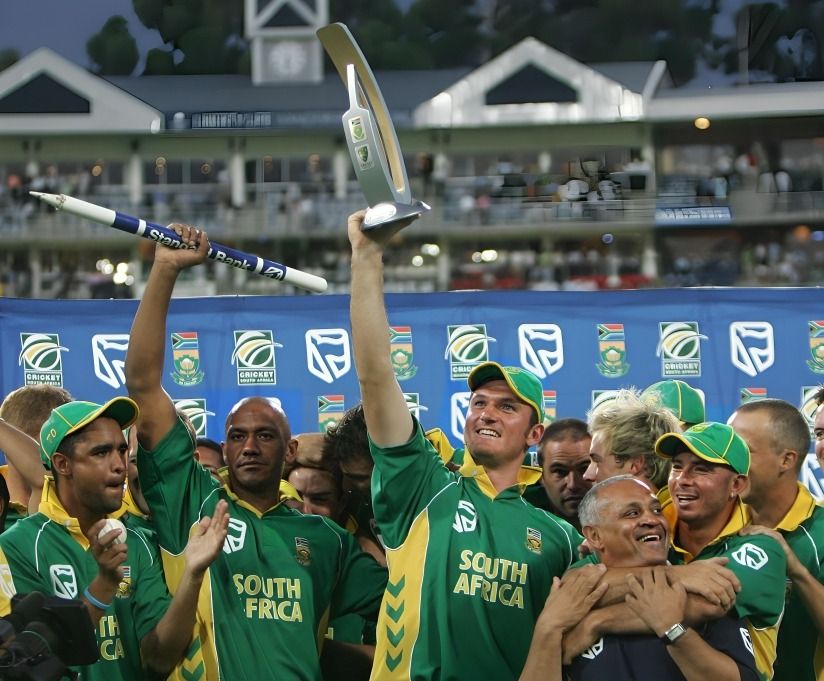
South Africa has been part of several iconic matches in ICC tournaments, including the famous 438-run game against Australia in 2006, which is remembered as one of the greatest ODIs.
The influence of coaches like Gary Kirsten and Mickey Arthur has played a significant role in shaping the team’s approach and strategies in ICC tournaments, emphasizing performance and resilience. 13
South Africa won the ICC Champions Trophy in 2009, defeating Pakistan in the final, marking a significant triumph in their limited-overs history. 14
Despite numerous heartbreaks in ICC tournaments, South Africa has shown remarkable resilience, constantly bouncing back and remaining competitive in international cricket. 15
The passionate support from South African fans has been a constant source of motivation for the team, creating an electric atmosphere in stadiums during ICC tournaments. 16
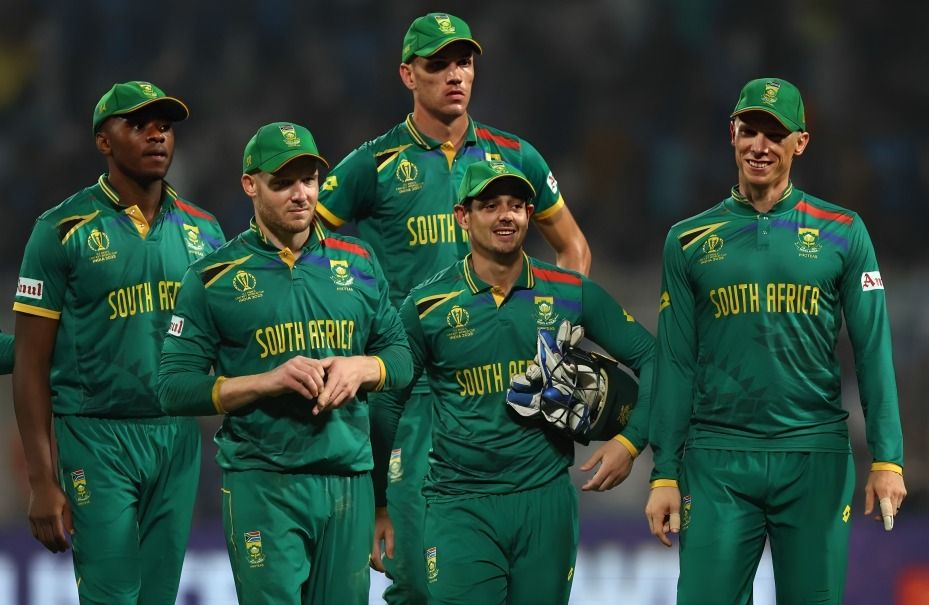
South Africa’s legacy in ICC tournaments is a mix of triumph and heartbreak, illustrating the country’s cricketing journey and the hope of future successes as they strive for glory on the world stage.
